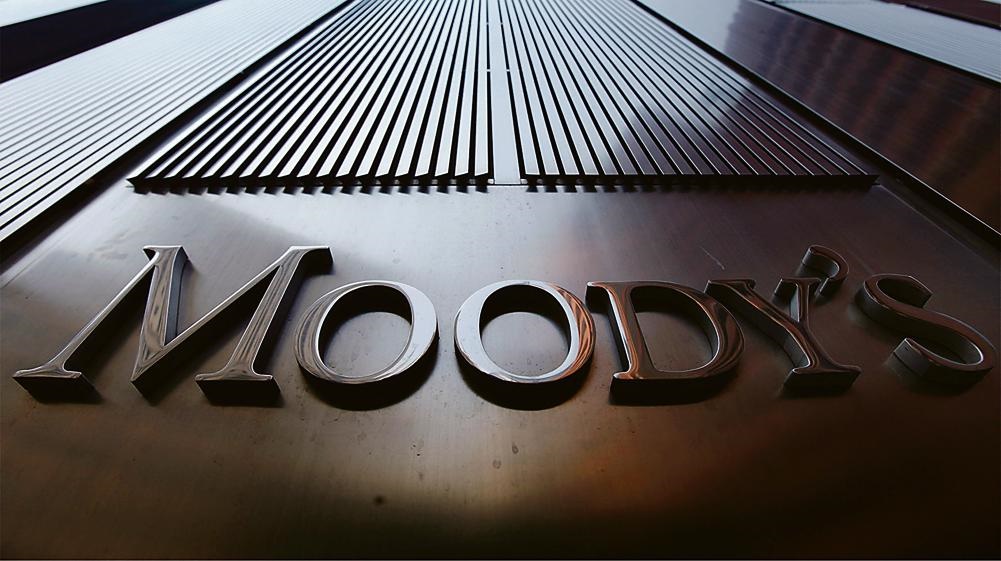
June could be a huge month for the South African economy, as the world’s two largest credit ratings agencies are set to give their judgements of the national government’s ability to repay
its debt.
Moody’s Investors Service placed South Africa’s credit rating on review for a downgrade on March 8.
A Moody’s spokesperson said that the majority of the agency’s reviews were typically concluded within 90 days, which meant that the agency could issue its review report by June 8 or earlier.
Gardner Rusike, a Standard & Poor’s (S&P) associate director, said this week during a presentation that his agency was also set to review and issue its latest report on South Africa in June.
“The S&P rating is not done in isolation. We will engage with the government and the private sector in the process ahead of the June publication,” he added.
Peter Fitzpatrick, Fitch spokesperson, said the agency had no preannounced rating dates for South Africa this year.
Rusike said the key pressure on the local rating was low growth, the drought and structural issues such as ongoing power constraints.
One factor that would help with the credit rating would be labour reforms.
However, these were moving at a slow pace, he added.
“An improvement in growth would stabilise the rating,” said Rusike.
On the same note, Rusike said that for South Africa to reduce its inequality, poverty and unemployment, the country needed to increase its growth rate.
S&P this week slashed its forecast for local growth to 0.8% this year, which is in line with many other local commentators, and estimated it at 1.7% next year.
Two “easy” ways that government could boost growth included moving on changing labour law to avoid a repeat of an extended wage strike, as happened in the platinum sector, which would hurt growth – and another avenue would be to improve electricity supply, said Rusike.
South Africa’s movement to restore fiscal discipline was slow, he added.
In addition, there were a number of risks to fiscal discipline, including low GDP growth, which would have an effect on tax revenue collections, rising exposure to state-owned entities with weak financial positions and increasing debt.
The rand weakened to its worst level this month, of R15.29 against the dollar, on news of S&P’s concerns about South Africa.
Annabel Bishop, an Investec economist, said in a note: “The agency is currently assessing whether, on a long-term basis, economic growth will be able to become sustainably faster and whether South Africa will achieve its aims of fiscal consolidation, particularly as weak growth negatively affects revenue collections.
“We continue to believe that the next move from S&P will be a downgrade on the local currency front (currently BBB+ to BBB) not the hard currency one (now BBB-), to bring greater alignment between the two. This could occur at the June 2016 review, but does not deliver a subinvestment-grade outcome,” added Bishop.
Another key issue, said Rusike, was a persistent current account deficit, while moderate external debt was a positive factor.
The recent Constitutional Court ruling that President Jacob Zuma had to heed the Public Protector’s report on his Nkandla residence and pay back part of the money did improve S&P’s institutional strength assessment, he added.
“Policy implementation helps growth. It is very important what role institutions play,” added Rusike.
National Treasury had been tested by the change in finance ministers in December last year and the Hawks’ probe of Finance Minister Pravin Gordhan, he added.
However, Treasury had continued to perform to its mandate.
S&P rates the creditworthiness of 132 national governments worldwide, of which 68 are rated investment grade and 64 are currently noninvestment grade, according to Rusike.
S&P rates South Africa at BBB-, which is one notch above subinvestment grade, or “junk” status with a negative outlook.
Based on market-derived signals, Rusike said South Africa was already being viewed as being subinvestment grade.
Jean-Michel Six, S&P’s chief European economist, said investor sentiment towards emerging markets, of which South Africa was one, had turned.
In expectation of the Federal Reserve’s rate hikes later this year, there was likely to be a negative effect on emerging market currencies, including the rand, he added.




 Publications
Publications
 Partners
Partners









